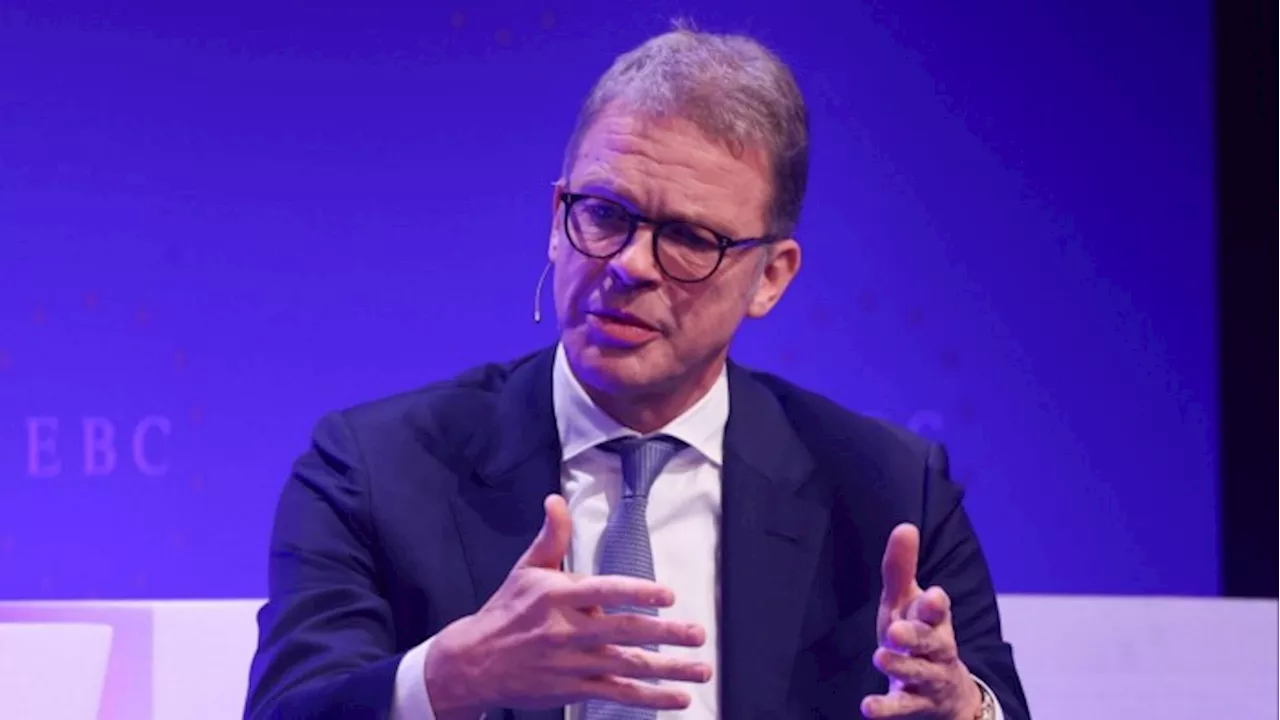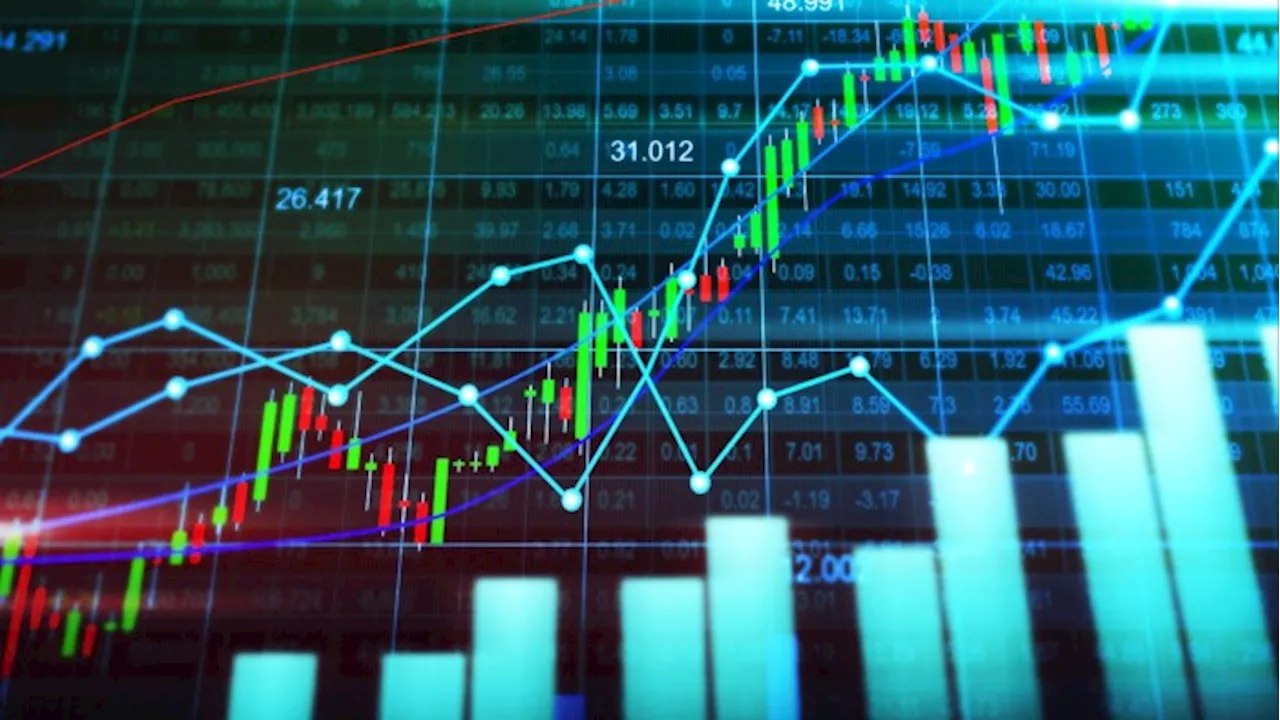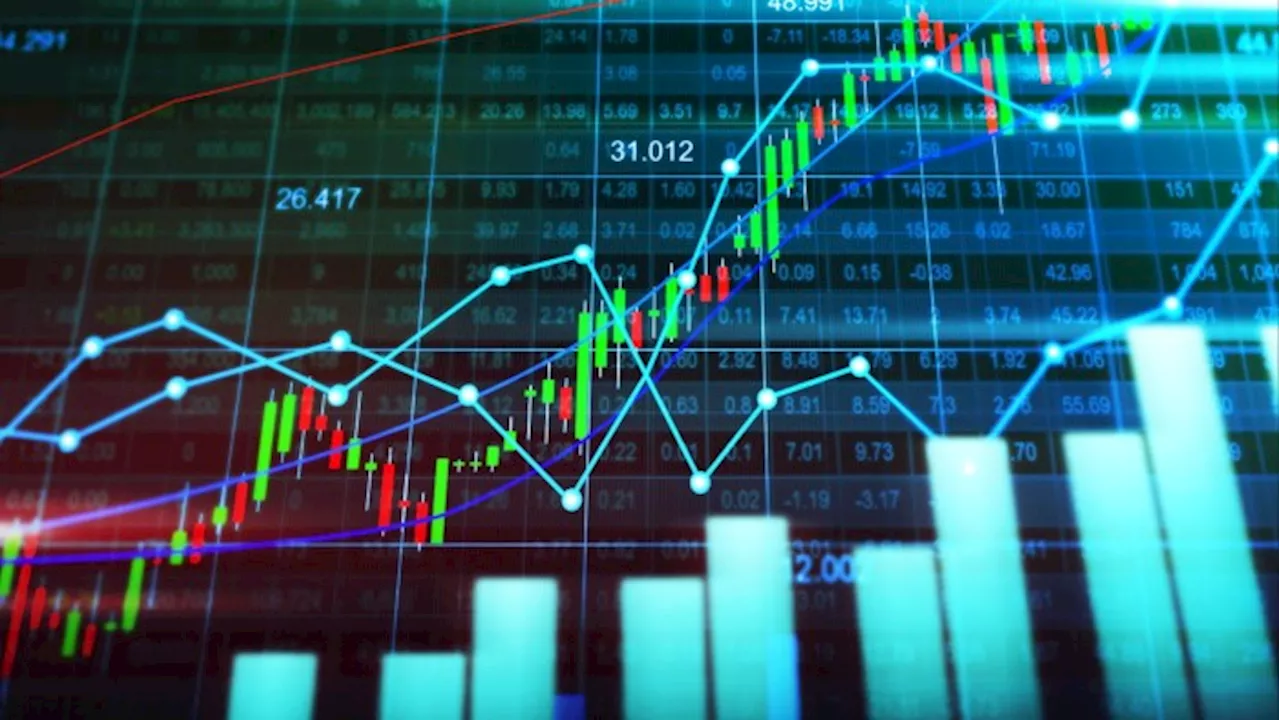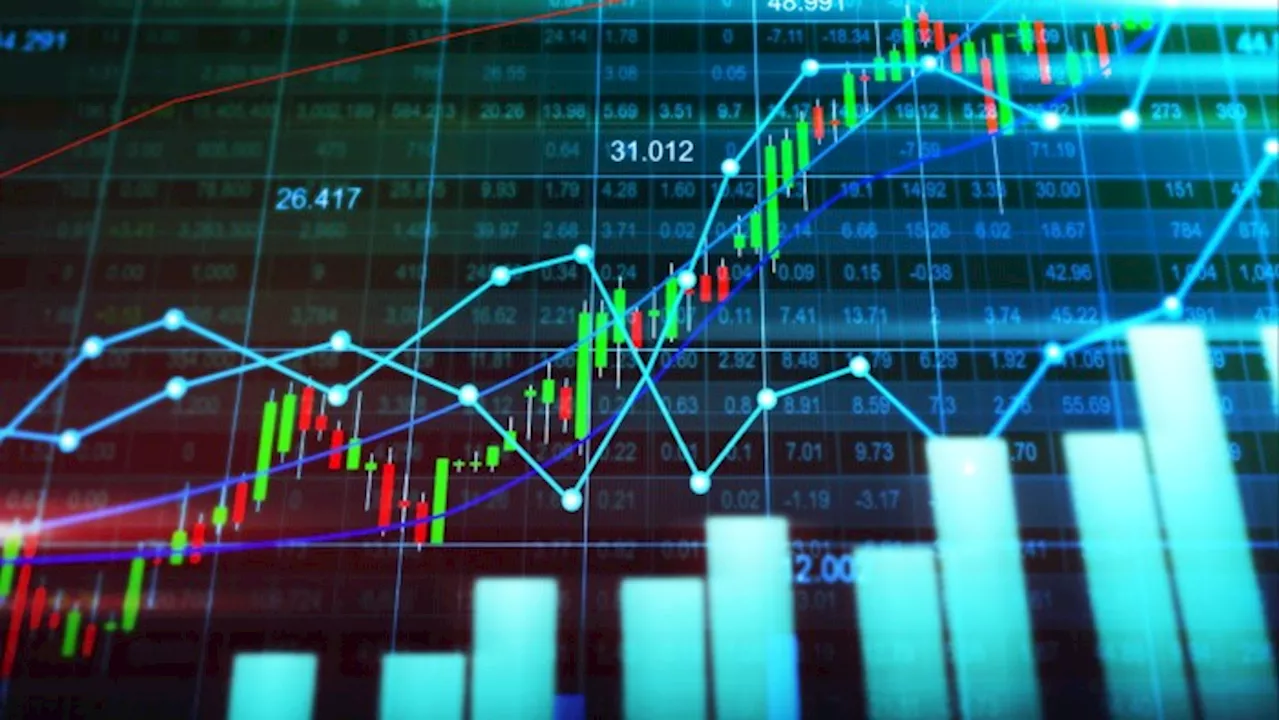Deutsche Bank aims to increase its fixed income trading revenues in the Americas by 20% between 2023 and 2027.
Deutsche Bank is aiming to strengthen its fixed income trading business in the Americas as part of a strategy to expand its investment banking operations and revitalize its presence in the region. Ram Nayak, who co-leads Deutsche’s investment bank, stated that the German lender could increase fixed income revenues by 20 percent between 2023 and 2027 by targeting the Americas , considered the most challenging market globally.
Although Deutsche is also focused on developing the advisory side of its investment bank to mitigate the volatility and capital requirements associated with fixed income, debt trading remains its primary revenue generator, accounting for over 80 percent of its investment banking income in 2023. Following a decline to a post-crisis low in 2019, the bank has successfully rebuilt its core trading operations across rates, credit, and emerging markets in recent years, leading to revenue growth in Europe and Asia. Revenue from the fixed income business surged 45 percent between 2019 and 2023 to €8 billion. Nayak, who oversees the fixed income trading operations, explained to the Financial Times that while expansion into the Americas has already yielded positive results, the region presents the most significant growth potential for the business. 'We fixed Asia and we're a top three player. We fixed Europe and we're a top three player. It's America where we're lagging,' he stated. 'Can I see 20 percent growth from 2023 to say 2027? The answer is absolutely, and the biggest driver of that by far will be the Americas.' According to Coalition Greenwich, a data and benchmarking provider, Deutsche Bank ranks among the top three banks in fixed income in Europe and Asia, excluding listed derivatives and clearing, based on internal revenues, product taxonomy, and organizational structure. However, its position in the Americas is currently within the top eight. 'The whole game for me is to take our dominant position in Europe and Asia and replicate it in the US,' Nayak emphasized
Fixed Income Investment Banking Deutsche Bank Americas Trading
United Kingdom Latest News, United Kingdom Headlines
Similar News:You can also read news stories similar to this one that we have collected from other news sources.
 Deutsche Bank chief calls for relief on regulation and ‘rethink’ on taxCall comes amid discontent with Germany’s ruling coalition ahead of snap election in February
Deutsche Bank chief calls for relief on regulation and ‘rethink’ on taxCall comes amid discontent with Germany’s ruling coalition ahead of snap election in February
Read more »
 Deutsche Bank chief risk officer to leave after just three yearsFormer Commerzbank executive Marcus Chromik to replace Olivier Vigneron in May
Deutsche Bank chief risk officer to leave after just three yearsFormer Commerzbank executive Marcus Chromik to replace Olivier Vigneron in May
Read more »
 Tesla Dominance Secures Spot in Deutsche Bank's Top Auto PicksDeutsche Bank identifies Volkswagen, BMW, Tesla, and BYD as standout picks for 2025, highlighting key trends like electrification, restructuring, and regional disparities in the automotive industry
Tesla Dominance Secures Spot in Deutsche Bank's Top Auto PicksDeutsche Bank identifies Volkswagen, BMW, Tesla, and BYD as standout picks for 2025, highlighting key trends like electrification, restructuring, and regional disparities in the automotive industry
Read more »
 Deutsche Bank's Wirecard Escape: Synthetic Risk Transfer to the Rescue?Investigates how Deutsche Bank managed to minimize its losses from the Wirecard collapse through the use of synthetic risk transfer (SRT) and explores the growing significance of SRT in the financial landscape.
Deutsche Bank's Wirecard Escape: Synthetic Risk Transfer to the Rescue?Investigates how Deutsche Bank managed to minimize its losses from the Wirecard collapse through the use of synthetic risk transfer (SRT) and explores the growing significance of SRT in the financial landscape.
Read more »
 Deutsche Bank's 'Miracle' Escape from Wirecard Debacle: Synthetic Risk Transfer?Deutsche Bank managed to limit its losses from the Wirecard collapse to just €18 million, a surprisingly small amount considering its history of involvement in major financial scandals. This raises questions about how the bank avoided a much larger hit. FT Alphaville speculates that the answer may lie in 'synthetic risk transfer' (SRT), a financial engineering technique gaining popularity. SRT allows banks to offload some loan risks to investors, reducing their capital requirements. The IMF has recently acknowledged SRT as a significant factor in the growing relationship between private credit and traditional banking.
Deutsche Bank's 'Miracle' Escape from Wirecard Debacle: Synthetic Risk Transfer?Deutsche Bank managed to limit its losses from the Wirecard collapse to just €18 million, a surprisingly small amount considering its history of involvement in major financial scandals. This raises questions about how the bank avoided a much larger hit. FT Alphaville speculates that the answer may lie in 'synthetic risk transfer' (SRT), a financial engineering technique gaining popularity. SRT allows banks to offload some loan risks to investors, reducing their capital requirements. The IMF has recently acknowledged SRT as a significant factor in the growing relationship between private credit and traditional banking.
Read more »
 Deutsche Bank's Synthetic Risk Transfer StrategyThis article explores how Deutsche Bank managed to minimize its losses from the Wirecard collapse, attributing it partly to the use of 'synthetic risk transfer' (SRT). SRT allows banks to offload some loan risks to investors, reducing their capital requirements. The article delves into the workings of SRT and its growing prominence in the financial world.
Deutsche Bank's Synthetic Risk Transfer StrategyThis article explores how Deutsche Bank managed to minimize its losses from the Wirecard collapse, attributing it partly to the use of 'synthetic risk transfer' (SRT). SRT allows banks to offload some loan risks to investors, reducing their capital requirements. The article delves into the workings of SRT and its growing prominence in the financial world.
Read more »
